Don’t Let Diabetes Dampen Your Diwali

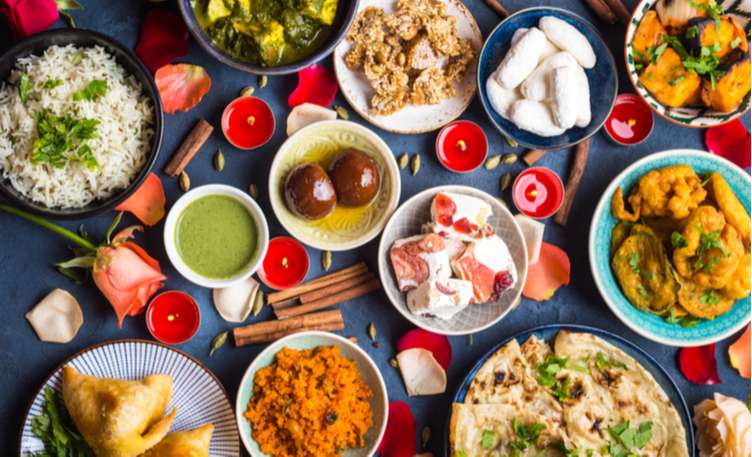
Diwali is here! And what better way to celebrate the festival of lights than with food. As a diabetic, are you worried that your diet restrictions will keep you from having a good time? Don’t be. Read on to understand how you can enjoy all your Diwali delicacies without compromising on your health.
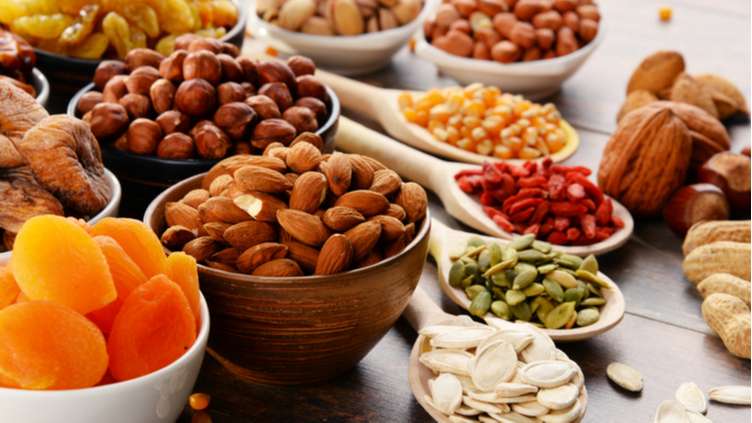
Consider preparing your sweets at home. Avoid using maida (flour). Instead, use healthier ingredients like whole wheat flour (atta) or gram flour (besan), along with nuts, seeds, and dried fruits.
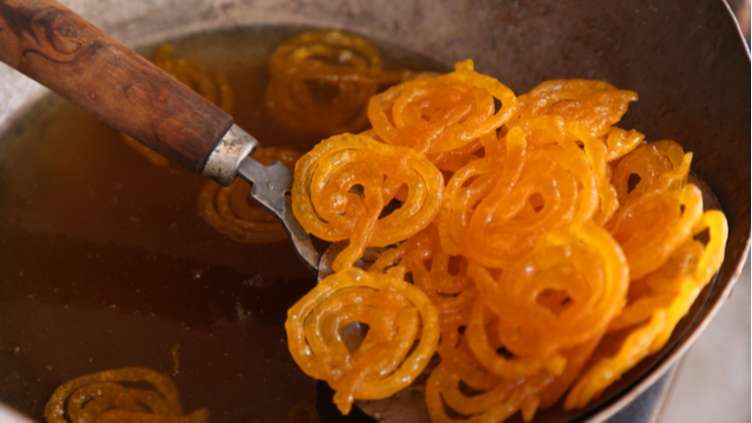
When preparing sweets, replace refined oil with ghee, as ghee is rich in healthy fats. Do not re-use oil as this creates free radicals that can cause acidity and clog your arteries. Also restrict your consumption of deep-fried foods that can raise your cholesterol levels and lead to heart disease, especially for diabetics.
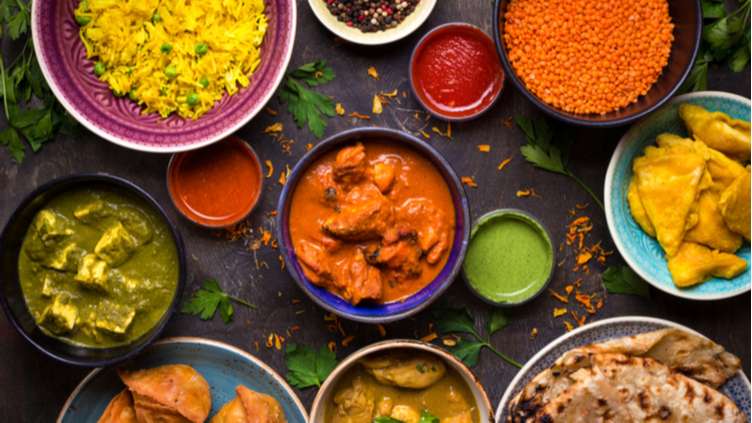
Keeping a check on your portion size is crucial as it will prevent increased blood sugar levels that result from overeating. Additionally, stick to eating foods with a low glycemic index, i.e., items that contain whole food ingredients, like fruits, vegetables, nuts, seeds, and whole grains.
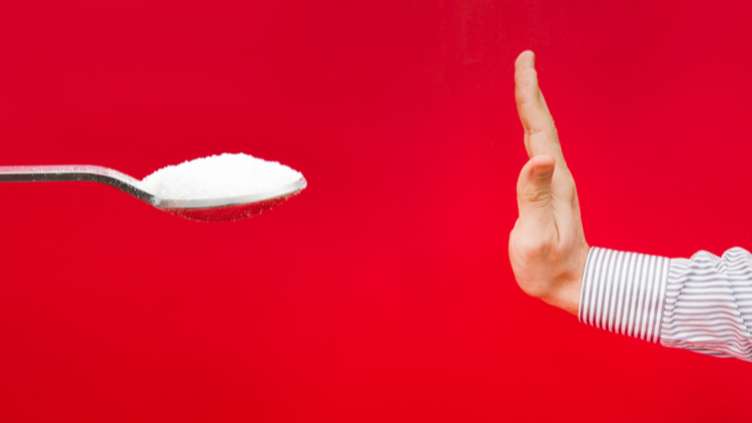
A Diwali without sugar can seem disappointing. The good news, however, is that companies today pack special sugar free sweets for diabetics. Grab a pack of those if you are craving sugary sweets.

This Diwali, supplement your delicious diet with a little exercise. Exercising will give you an energy boost and will also help burn all the additional calories that come with eating sweets.
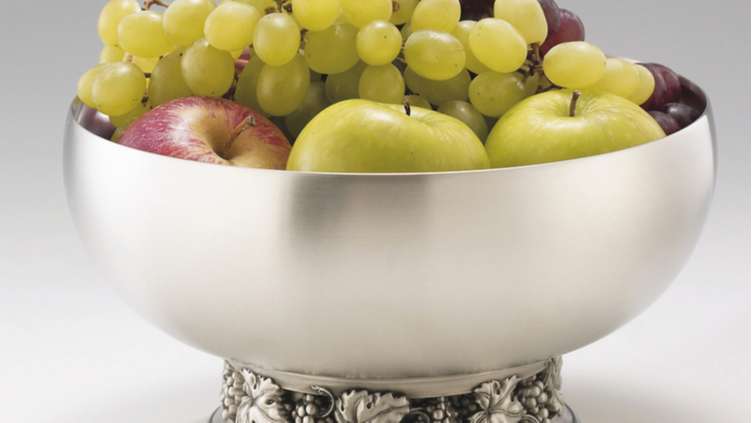
Balance your meals by adding fresh fruits to your festive diet. Fruits rich in fibre especially, such as bananas and apples, will help your digestive system stay healthy and keep common stomach problems at bay.






